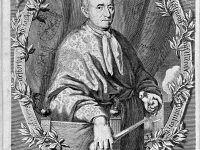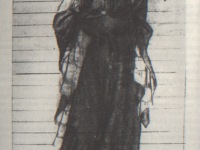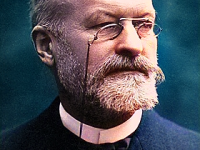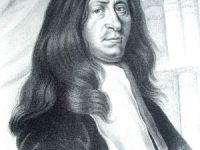The Inestimable Life of the Great Renaissance Writer Francois Rabelais
Probably on April 9, 1553, French Renaissance writer, physician, Renaissance humanist, monk and Greek scholar François Rabelais passed away. Because of his literary power and historical importance, Western literary critics consider him one of the great writers of world literature and among the creators of modern European writing. His best known work is Gargantua and Pantagruel, telling the adventures of two giants, Gargantua and his son Pantagruel. The work is written in…
Read more







